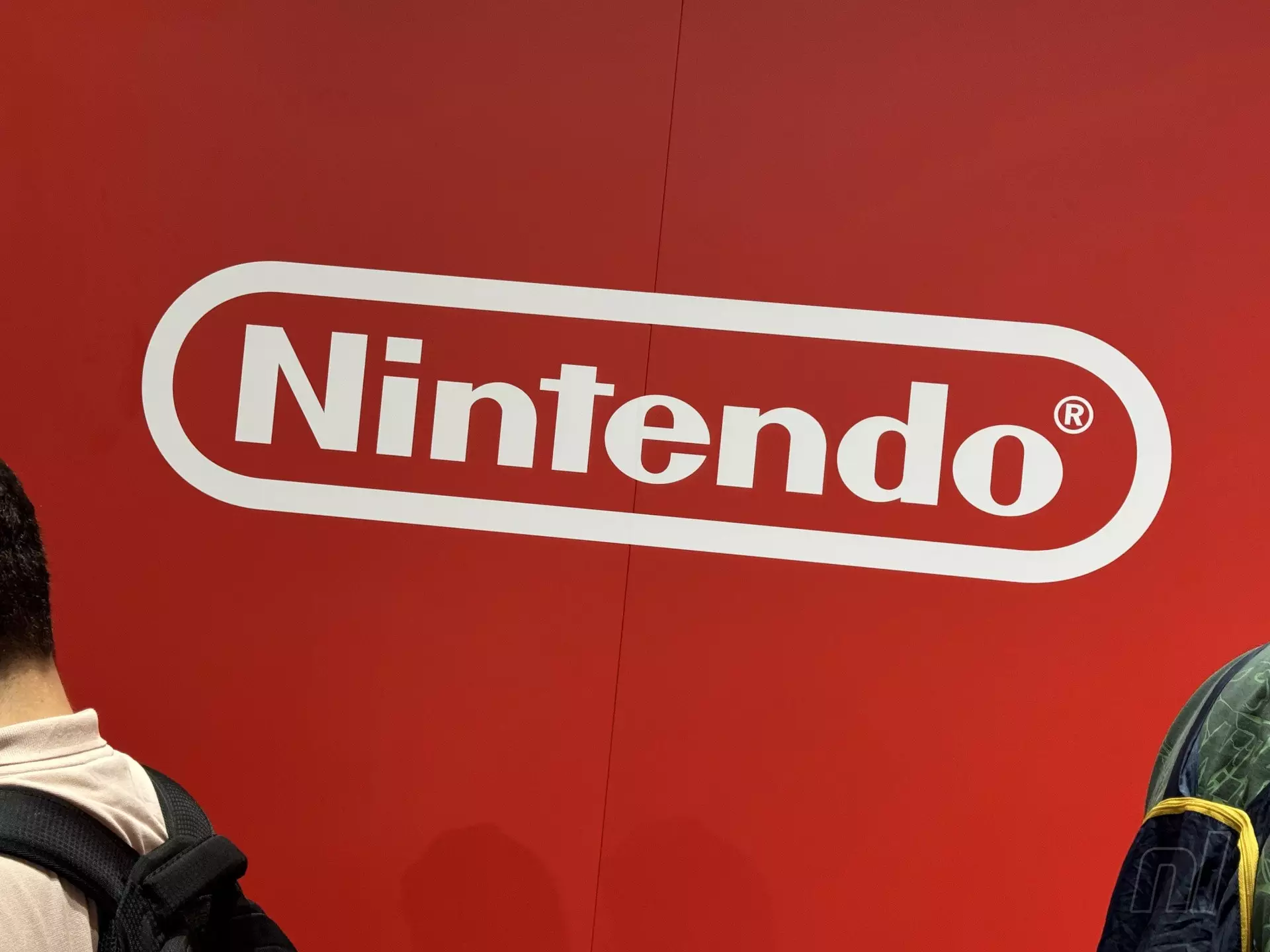Nintendo’s recent move to outsource its customer support functions signals a significant strategic pivot that naturally invites scrutiny. While the company calmly assured stakeholders that customer satisfaction remains high, behind the scenes, the decision to phase out around 200 longstanding contractor roles has cast doubt on the true impact of this transition. This shift seems driven by an urgent desire to cut costs and streamline operations ahead of the upcoming Switch 2’s holiday launch, but at what expense? When corporations prioritize immediate financial gains over employee stability and service quality, the long-term consequences often prove detrimental.
The decision to involve primarily Latin American contractors—many based in Brazil, Argentina, and Nicaragua—appears to reflect the broader trend of offshoring support services into regions with lower labor costs. While such outsourcing is not inherently problematic, it becomes problematic when seen as a quick fix rather than a carefully managed evolution. The reports of contractors being informed indirectly and being expected to train their replacements suggest a lack of transparency that fosters distrust and resentment. This approach not only undercuts morale but also signals a potential compromise in service standards, especially since these new agents are still in training and may lack the nuanced understanding of Nintendo’s products and brand ethos.
Moreover, this transition exemplifies a common misconception that offshoring support can be seamlessly integrated without impacting quality—a notion increasingly challenged by the rising tide of customer frustration. “Internal communication issues,” “irate customers,” and even reports of racial abuse indicate a toll on the support experience, which could tarnish Nintendo’s reputation among its most loyal users. When dealing with complex issues like refunds, hardware repairs, or account security, the ability to handle nuanced customer concerns with empathy and expertise becomes critical. Sacrificing experienced support staff for cheaper, less seasoned agents risks undermining those essential service qualities.
Impact on Employee Morale and Industry Precedents
The sentiments expressed by displaced contractors reveal deeper issues within corporate outsourcing strategies. Many feel betrayed, emphasizing that the decision feels abrupt and dismissive of their contributions. The lack of direct communication from Nintendo, coupled with the expectation that contractors will train their replacements, fosters a sense of disposability and neglect. This is exacerbated by the industry trend of viewing support roles as temporary or interchangeable, which fails to recognize the value of experience and customer rapport.
Nintendo’s past layoffs, such as the 100+ contractor layoffs in 2024’s testing department, highlight a pattern of volatile employment practices. While cost-cutting is understandable in a competitive market, an overreliance on temporary staff without pathways to permanent employment can damage company culture and stakeholder trust. The growing influence of AI and automation in support functions adds a further layer of vulnerability, with many contractors feeling “betrayed” and “led-on” by promises of long-term engagement that rarely materialize. This sense of disposability can translate into lower motivation and a decline in service quality, ultimately damaging brand loyalty.
Furthermore, the criticisms from insiders underscore the limitations of quick outsourcing strategies. A more sustainable approach might involve investing in employee training, providing clear communication on future plans, and creating opportunities for contractors to grow within the organization. Such tactics would not only bolster morale but also ensure that customer support remains consistent and high-quality—factors directly linked to consumer satisfaction and brand reputation.
The Broader Industry Implications and Future Outlook
Nintendo’s decision is emblematic of a broader industry trend where major corporations increasingly lean on offshoring and external vendors to cut costs and optimize operations. While such measures can provide short-term financial relief, they often come at the expense of quality control and employee well-being. This incident should serve as a cautionary tale for other companies that might prioritize immediate savings over building resilient support systems.
As the gaming industry continues to evolve with a growing global audience, companies must recognize that customer experience is a vital component of their brand identity. Outsourcing customer support should not be viewed solely as a means to reduce expenses but as a strategic opportunity to enhance service, invest in diverse talent pools, and foster trust. Otherwise, the risk remains that customer dissatisfaction, amplified by social media and online review platforms, could overshadow any financial benefits.
Looking ahead, Nintendo’s ability to manage this transition will be scrutinized by consumers and industry observers alike. If these outsourcing efforts lead to a decline in support quality, it could tarnish the company’s otherwise strong reputation for innovation and quality. Conversely, if managed transparently and with a clear focus on maintaining high standards, this shift could mark a new chapter in Nintendo’s operational model—though that remains to be seen amidst ongoing employee reports and customer complaints.

